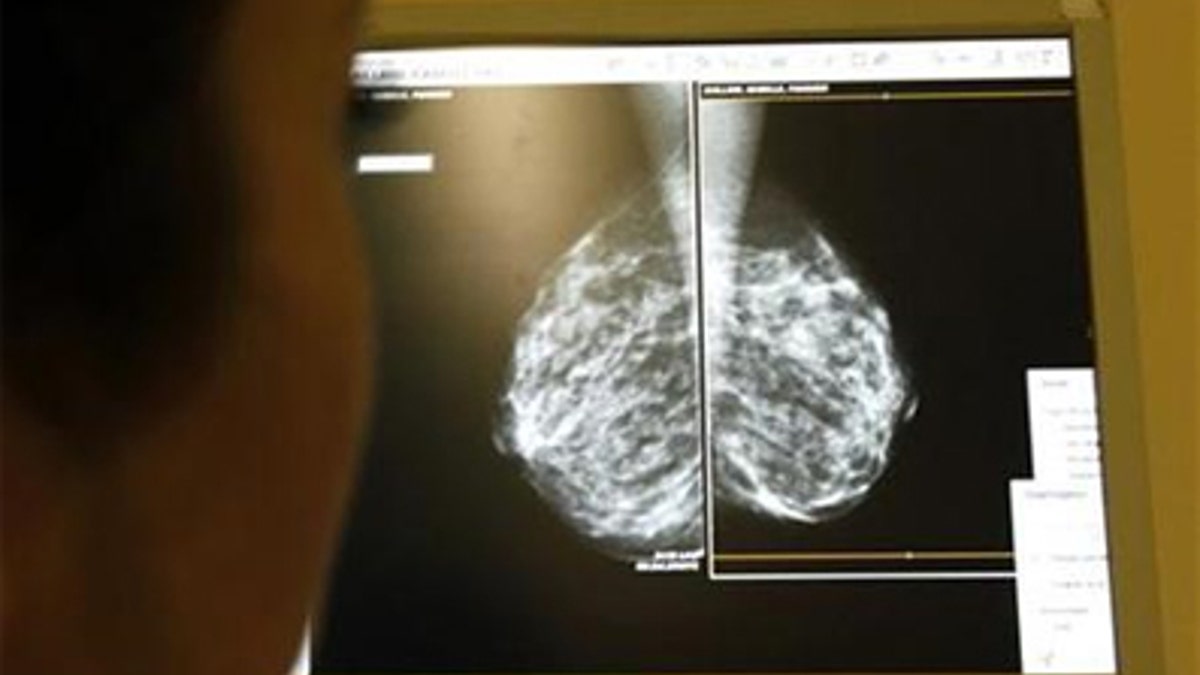
Breast-cancer specialists are sharply divided over a new radiation technique that costs less and is more convenient than conventional therapy.
The technique, known as intraoperative radiation therapy, or IORT, involves administering a single dose of radiation at the same time a patient is having lumpectomy surgery to remove a tumor. A large, randomized controlled trial concluded that IORT has fewer side effects and appears to prevent the return of cancer nearly as well as traditional treatment, in which patients undergo radiation sessions five days a week for up to seven weeks.
Oncologists with opposing opinions have been debating that conclusion in letters and editorials in major medical journals, including the Lancet and BMJ. Some critics point out that the study found women who had IORT face twice the risk of a cancer recurrence compared with traditional radiation (3.3 percent versus 1.3 percent over five years).
Some also criticize the design of the IORT study and say patients haven’t been followed long enough to draw conclusions. “A lot of us are scratching our heads as to why [IORT] would be appropriate,” says David Wazer, chair of radiation oncology at Brown and Tufts medical schools and a vocal critic.
Yet proponents of IORT say the risk of recurrence with either radiation treatment over five years is tiny, and IORT’s advantages could outweigh the higher risk of recurrence for some patients.
“A lot of women who hear about this option make an informed decision to use it,” says Stephen Grobmyer, director of the breast center at the Cleveland Clinic, which is collecting data on nearly 1,000 patients who have had the treatment at 10 U.S. centers.
At many radiation centers, a big portion of revenue comes from delivering lengthy courses of treatment to breast-cancer patients. “Depending on your perspective, [moving to a single treatment during surgery] is either a significant threat or a quantum leap forward,” Anthony Zietman, editor in chief of the International Journal of Radiation Oncology, wrote in an editorial this month.








































